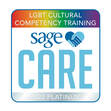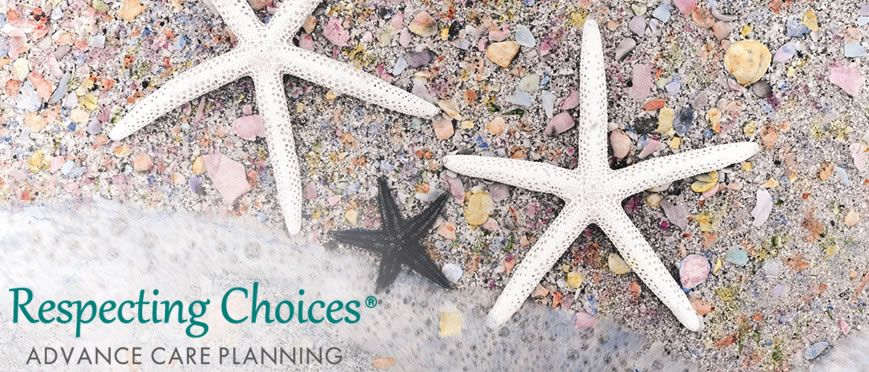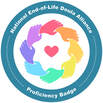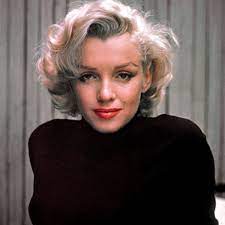 Listen to webinar here. The end-of-life doula (EOLD) field is a rapidly growing profession that is not currently regulated. Many who are drawn to caregiving at the end of life are exploring death doula/death midwife training. With 10,000 boomers turning 65 every day in the US, we need creative ways to care for the elderly and the dying at home. Is certification necessary to set up a business and work as an EOLD? I’ll be discussing this on Wednesday, April 29, at noon EDT, in a zoom webinar that is open to all; email me to receive the link. Credentialing by an independent professional organization may be on the horizon in a few years. Currently, however, it’s important to understand that certification is conferred only by independent trainers or training organizations. In other words, individuals certify their students according to what they independently have decided are the necessary knowledge, skills, and/or experience to have. Among different trainers and training programs there is great diversity of style, philosophy, and content with no professional oversight of any kind. Let me give you an example. Mr. Z, an entrepreneur, decides he wants to offer EOLD training. He’s had life experience or professional experience that he, with no sanction by any other professional body or group of people, think qualifies him to offer such training. He designs his class or course based on his definition of an EOLD and what he thinks the role entails. He then also decides to offer certification, based on a process that he made up. It may include field experience, it may not. It may include a test or written assignments, or not. He decides to confer a credential. A common credential currently used by many trainers is CEOLD - Certified End-of-LIfe Doula. But here’s where it gets tricky. Someone who earns a CEOLD from his certification program does not compare with someone who earned a CEOLD from another training program. Ms. A’s training program may use an entirely different definition of what an EOLD is and does. Ms. A may include a different skill set and philosophy. No outside regulatory body that has sanctioned or compared either program, but they may use the same CEOLD credential. This is confusing to students, EOLDs, consumers, and healthcare organizations alike. The benefit to the student of obtaining certification is that they know their knowledge and skills compare to someone else who is certified by the same training organization. The drawback is that it means nothing overall until there is some oversight of training organizations by an independent professional organization. There is one organization that is not a training organization that confers a credential — the National End-of-Life Doula Alliance (NEDA). It is called a proficiency badge and it is open to anyone, regardless of training background. It assesses knowledge only, not skills or experience, and is based on a set of core competencies defined by a consortium of EOLDs and trainers. It provides a first step in bringing everyone together to define this profession. and it sets the stage for a more robust regulatory process to come. Join me to discuss this further. Bring your questions and concerns and ideas. By sharing our views and hashing this out, we’ll help move this profession along. I’m interested to know what you think.
0 Comments
I heard the most amazing story yesterday. A couple of months ago, my friend Mickey was called to the hospital room of her 85-year-old aunt who was severely ill with chronic respiratory illness. As her aunt struggled to breathe, she kept expressing the wish to just go home. She was highly agitated and expressed this to the hospital staff who were at wits end to calm her down. The young physician who was treating her was adamant that she needed to undergo a treatment plan that consisted of indefinite hospitalization, tests and monitoring. Her aunt wanted none of it. She was scared, she was extremely uncomfortable, and she felt she wasn’t being heard. Things escalated to the point where the doctor told her that if she left the hospital, she would be leaving “AMA” (Against Medical Advice) and would possibly have to foot the bill.
Thankfully, Mickey was able to advocate for her aunt. “It seems we have a communication problem,” she said to the doctor. “My aunt doesn’t know you, she doesn’t understand you, and she hasn’t had the time to build trust with you. Would you be willing to speak with her primary care physician, in whom she has confidence?” she asked. The hospital doctor said yes, and they spoke, and also included her aunt on the call. This made everyone feel better; it created a sense of teamwork and shifted the focus to her aunt’s needs. It also became evident that although the paperwork concerning her aunt’s end-of-life care wishes was sitting at the bedside, it had not been filled out, and the care team did not expressly know which life-saving procedures she did or did not want. Mickey read the documents aloud to her aunt and ascertained her wishes, which included a preference that no extraordinary measures be taken to prolong her life. Her aunt signed the documents in the presence of a hospital chaplain and her wishes were made known to the entire care team. Brilliantly, at this point, it occurred to Mickey that, rather than simply refusing the type of treatment plan the hospital doctor wanted, they could choose a different type of treatment plan that focused on comfort, like her aunt wanted. Mickey knew to involve the hospital social worker in order to ask if her aunt could go home on hospice care. This is when the real shift occurred. The social worker advocated for this, and everyone agreed. Plans were made, and even though her aunt died before she could get home, she died peacefully in her sleep, knowing that going home was the eventual plan. You are reading this because you are participating in a massive paradigm shift. You want to prevent scenarios like the one in this story. You want to be there for your people and for your community. Mickey’s aunt, fiercely independent all her life, was too sick to orchestrate the end of her life the way she wanted. She needed Mickey to speak up, pivot the discussion, and not be afraid to mention the h-word. The end-of-life doula role encapsulates this. The movement is growing at an incredibly rapid pace because we are in a specific point in time where the skills that doulas learn are very needed. Doulas are available, they show up, they listen, they use problem solving skills, they bring in all available resources, they have knowledge. Does one have to have taken end-of-life doula training to do what Mickey did? No, in fact, she didn’t. Thankfully, she had other life experiences that came to the fore and equipped her with the ability and the confidence to be there for her aunt. But end-of-life doula training, like no other single one profession, focuses on these specific skills and brings them together in a systematic approach, equipping graduates to help in moments such as her aunt’s hospital crisis. And it is immediately accessible, affordable, and achievable. You are called. You are needed. Answer the calling and be an end-of-life doula. It’s a great way to help change the way we die at this point in time. It gives you a community of game changers to learn with and gain energy and inspiration from. The world doesn’t really know about us yet, but it will, as we take these skills and this drive to be of service into our communities in whatever way we can. My goal is to help you discern that, to hear your stories, to pass them on, and to be a resource to you as you change the world. Let me know how I can help you. by Merilynne Rush
Suzie, a 39-year-old single mother of two teenagers, is dying of a rare degenerative disorder and is in hospice care. She lives alone (her children live with their father) in a small apartment near her boyfriend and her mother, who share in her care. She is lonely and needs companionship and support. A friend heard of end-of-life doulas and suggested the idea to her. Alfred has cancer and has been told he can expect no more than a year to live; he is not yet in hospice. His goal is to make it to his 25th wedding anniversary in six months. He feels fine and is putting things in order, but as his symptoms worsen, he does not want to be a burden on his family. He wonders how an end-of-life doula can help. Marion recently moved to Michigan to be near her aging mother who is very frail and has started receiving hospice care. Her mother lives alone and has several caregivers, but Marion thinks more services may be needed soon. She asks if an end-of-life doula can arrange to visit once a week for now. I am blessed to be able to talk to people who are grappling with death. Mostly, I speak with the caregivers. They reach out to me because they feel like there is no one else to talk to. I am there. I listen. I understand. I hear them out and empathize and honor them. It is difficult being a caregiver; it can feel so lonely, especially when you just want to talk. I recently heard a quote from Cheryl Richardson, “People start to heal the moment they feel heard”. Perhaps that is the biggest role of the end-of-life doula – to hear. In a world that prefers to deny death, when death IS happening, we want to be heard. How is talking about death a blessing to me? People ask me this all the time. When I talk about facilitating the Death Café, or when I speak about being an end-of-life doula, people wonder if it isn’t depressing or morbid. Actually, the opposite is true. Finding meaningful work helping others navigate life’s most challenging transitions fills me with a sense of purpose greater than myself. I feel as though I am in the right place at the right time, being privileged to witness the awesome emotion, connection, and healing that can take place. This was true of being a birth midwife as well. For all of my life, first as a birth midwife, and now as an end-of-life doula, I have been gifted with being able to help others during life’s most awesome moments. At a birth, or at a death, it is clear who is doing the hard work, and it is not me. My job is to accompany, to listen, and to guide. I pass on knowledge that others have taught me. I am a conduit. And when it’s over, I leave. I go out into the world and live my life. I feel truly alive and uplifted. I may be exhausted, but usually I’m exuberant. The formal definition of an end-of-life doula (EOLD) is someone who provides non-medical, holistic support and comfort to the dying person and their family, which may include education and guidance, as well as emotional, spiritual or practical care. EOLDs engage with clients from as early as initial diagnosis through after death care and bereavement. When caregivers are feeling overwhelmed, the doula helps identify physical, emotional, spiritual, and practical needs and ways to meet them. The word doula means service. Most people are familiar with the term as it is used for birth and postpartum care. All doulas provide non-medical, non-judgmental, empowering support, guidance and hands-on assistance. In addition to listening and accompanying, the services an EOLD provides may include:
The end-of-life doula works closely, and in collaboration with, the interdisciplinary palliative or hospice care team. S/he may practice independently and contract directly with the individual or family, or s/he may be part of the services that a hospice agency offers. Compared to a hospice volunteer, the EOLD has more training, is available for longer periods of time, and provides a greater range of services. The thing is, I’m working with people who are embracing that death is happening. They want to be prepared, to accept, to be fully present, not to fight, to fix, or to deny. By doing this, they are going against the cultural norm, and this is why they may feel alone and need support. The end-of-life doula is grateful to be contacted by a family member or friend who is struggling and wants to talk. S/he recognizes the opportunity to make a difference and help improve the quality of life for both the dying person and their loved one(s). The doula has grappled with loss before and knows that to move through it, one needs a friend. Perhaps a better definition of an end-of-life doula would be: A knowledgeable, experienced, temporary friend who provides compassion and isn’t afraid to talk about the tough stuff. |
|
Speak with Merilynne about |
Find A TRAINING for |
find resources |
Website designed by Lee Webster, Side Effects Publishing
|
MAKE A DONATION to support the work of The Dying Year that helps other just starting out in the end of life doula field. Thank you!

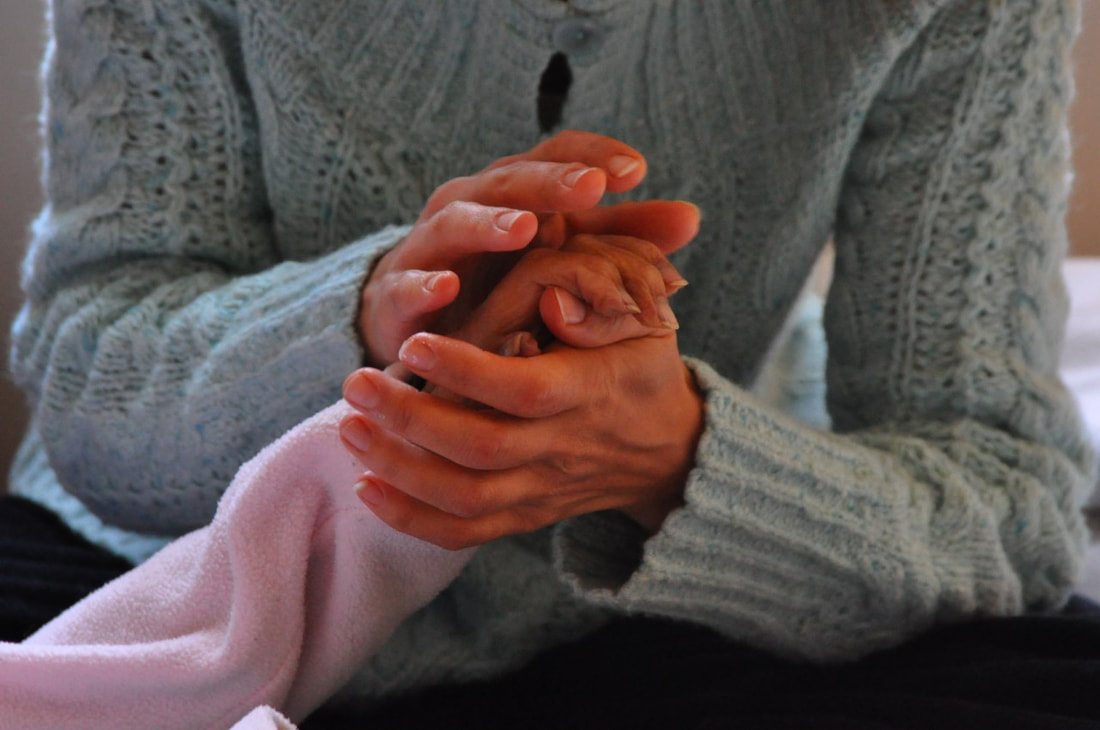
 RSS Feed
RSS Feed
